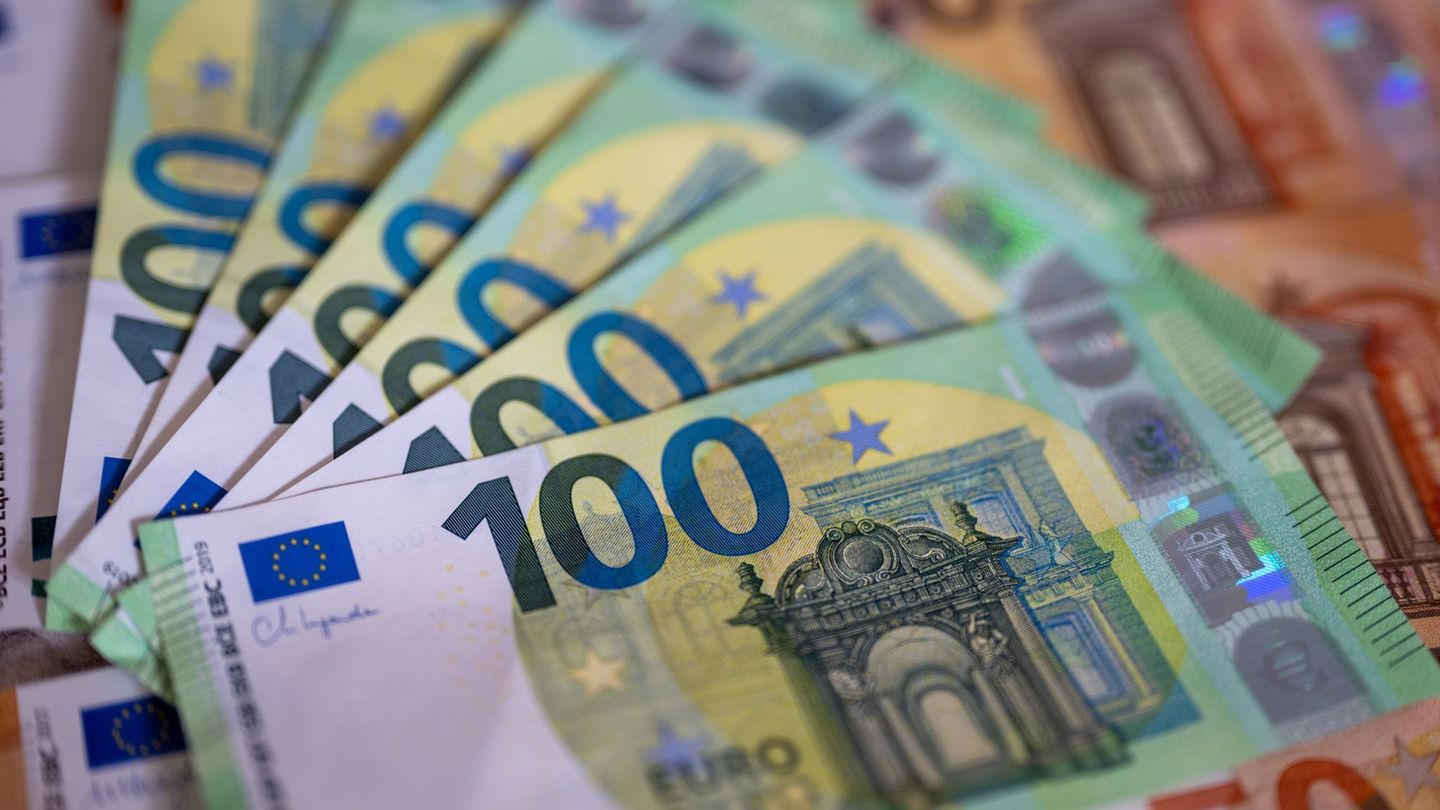Menu
Money: billions under the mattresses: amount of cash continues to increase
Categories
Most Read
Capital Airport: Five years of BER – How are things going at the capital airport today?
October 27, 2025
No Comments
How far could it go, and what will happen to the bands?
October 27, 2025
No Comments
What are the dynamic salaries that the Government will seek to implement after the victory in the elections?
October 27, 2025
No Comments
everything you need to know before buying on Amazon
October 26, 2025
No Comments
the discount with which you can save $6,000 on your next ride
October 26, 2025
No Comments
Latest Posts

“Village hero” for the environment
October 27, 2025
No Comments
ENNSDORF. He has lost a leg, but that doesn’t stop Gerhard Frattner from picking up trash in his wheelchair that others have recklessly thrown away.

Ricarda Lang: How the Green politician lost 40 kilos
October 27, 2025
No Comments
Green Party politician Ricarda Lang lost 40 kilos Copy the current link Add to watchlist Former Green Party leader Ricarda Lang has lost a lot

Ukraine war: Ukrainian drones fly towards Moscow
October 27, 2025
No Comments
IvanI have been working in the news industry for over 6 years, first as a reporter and now as an editor. I have covered politics
24 Hours Worlds is a comprehensive source of instant world current affairs, offering up-to-the-minute coverage of breaking news and events from around the globe. With a team of experienced journalists and experts on hand 24/7.

